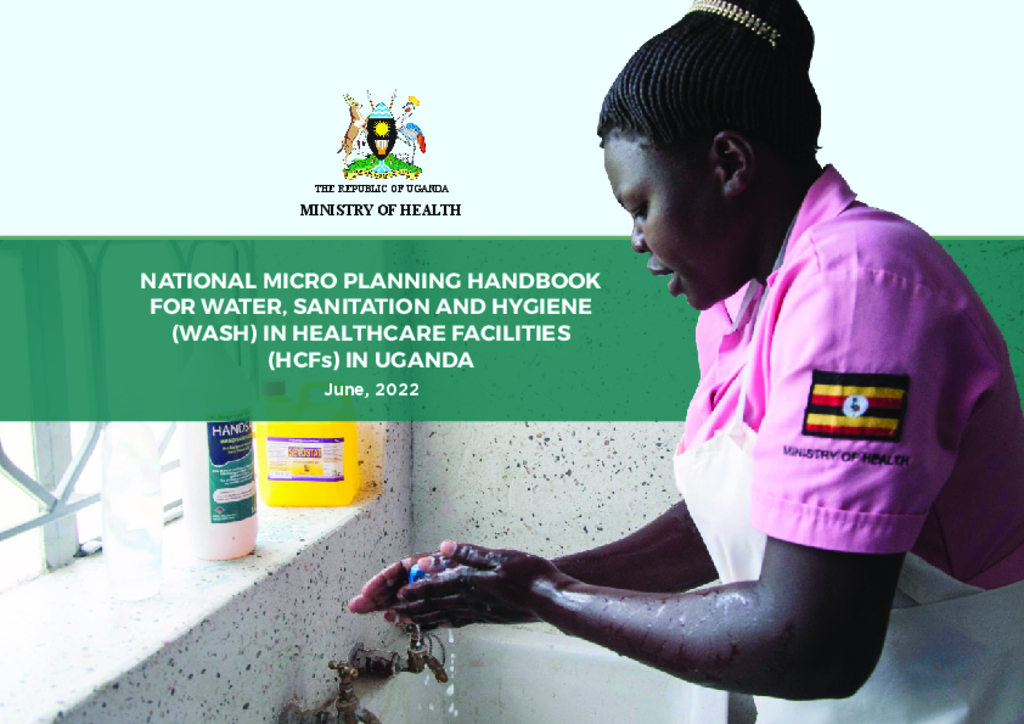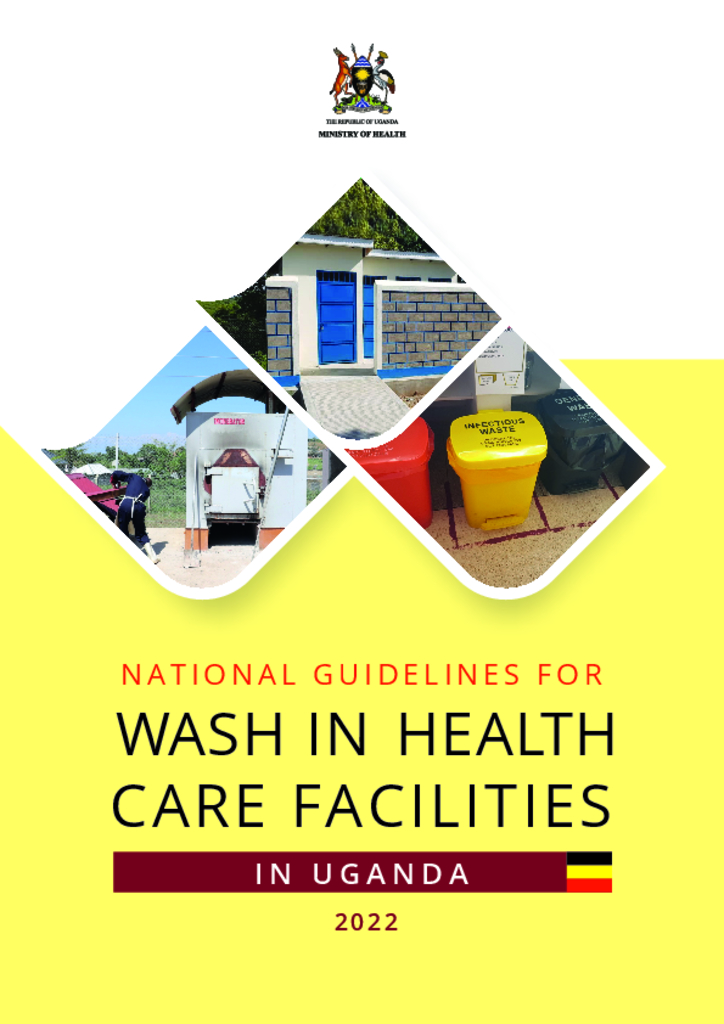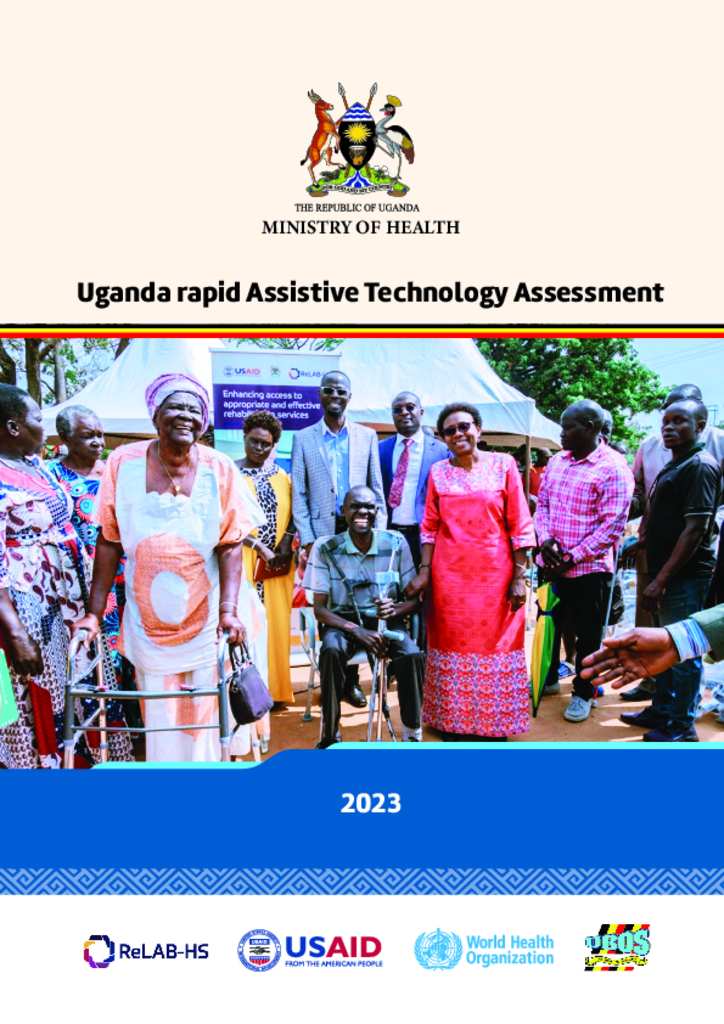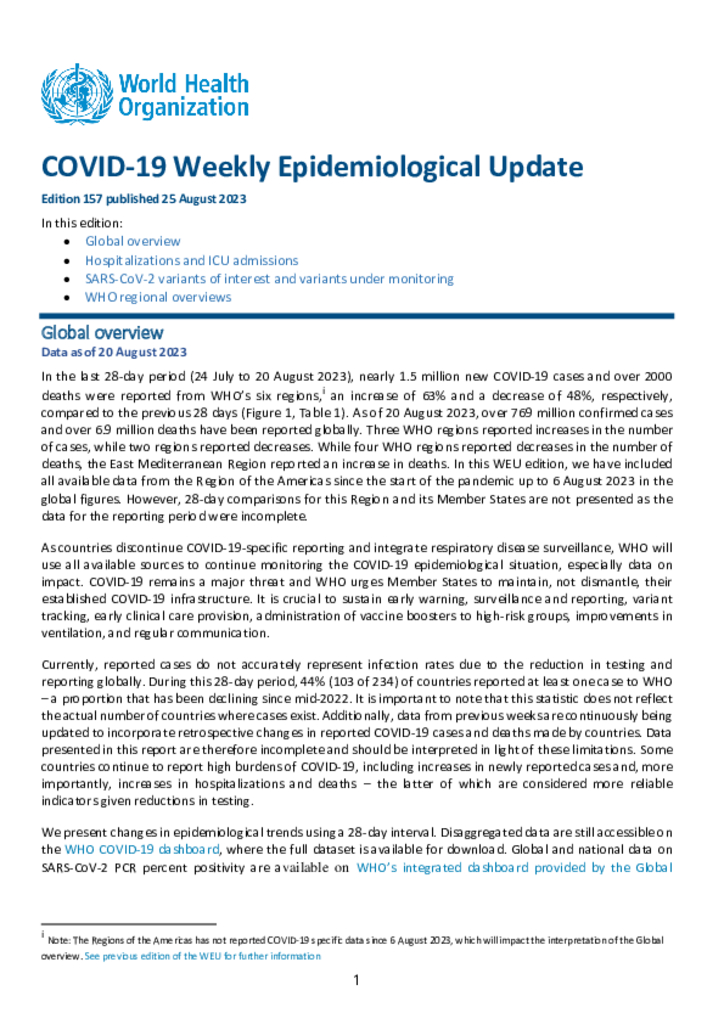The Ministry of Health recognizes that access to safe water, sanitation and hygiene (WASH) in health facilities is critical in the reduction of diseases, improved occupational health, more efficient health care services, improved staff morale and performance. The micro planning data generated will guide line ministries, local government authorities and development partners to position WASH in the health care facilities agenda within the Water and Health sectors. Additionally, it will support the development of a roadmap for achieving WASH-related sustainable development goals for health institutions.
The Sustainable Development Goals (SDG) 3 and SDG 6 reinforce the need to ensure adequate WASH services, which will result in a reduction in maternal mortality, ending preventable newborn deaths, and providing quality universal health coverage. The rationale of the WASH guidelines is to document procedures and provide a framework for strategic planning, implementation of functional and effective WASH services in healthcare facilities in Uganda. These guidelines offer a basis for creating the minimum conditions required for providing healthcare services in a healthy environment for healthcare workers, patients and visitors to the healthcare premises. They also serve as a tool for monitoring the performance of WASH in health care facilities.
The government is gradually prioritizing rehabilitation and assistive technology services in health system as an essential healthcare service that is integral in the attainment of the universal health coverage goal of leave no one behind and sustainable development Goal 3. The Uganda rapid assistive technology assessment (rATA) report has been developed by the ministry of health with technical assistance from WHO and financial support from USAID ReLAB-HS activity that is strengthening rehabilitation and assistive technology (AT) in the health system in Uganda. The findings and recommendations from the Uganda rapid assistive technology assessment (rATA) report will guide the development of the first national rehabilitation and assistive technology strategic plan and the first assistive technology priority list (APL) which will help to streamline the rehabilitation and assistive technology agenda in Uganda.
As countries discontinue COVID-19-specific reporting and integrate respiratory disease surveillance, WHO will use all available sources to continue monitoring the COVID-19 epidemiological situation, especially data on impact. COVID-19 remains a major threat and WHO urges Member States to maintain, not dismantle, their established COVID-19 infrastructure. It is crucial to sustain early warning, surveillance and reporting, variant tracking, early clinical care provision, administration of vaccine boosters to high-risk groups, improvements in ventilation, and regular communication.








